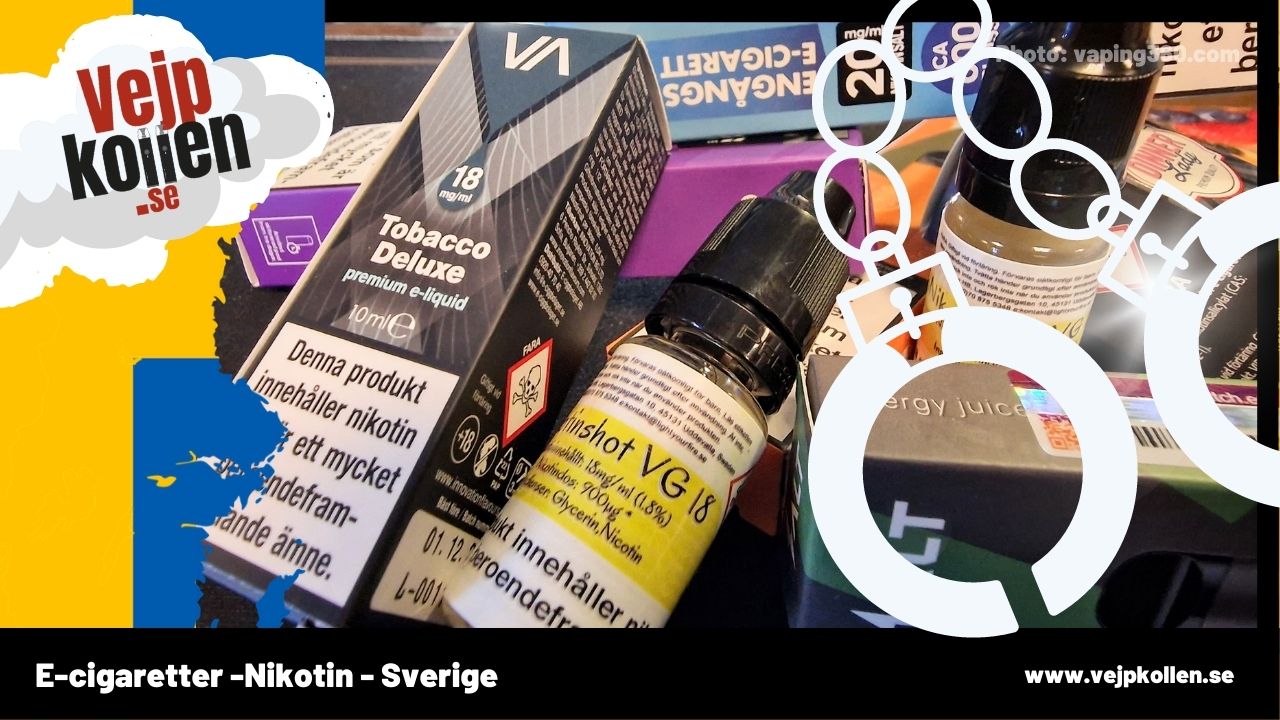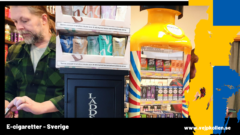A man in his 20s is suspected of violating the Tobacco Act after police found nearly 100 e-cigarettes in his apartment. Police suspect that the man, who lives in Östersund, intended to sell the products, which he is not authorised to do.
The e-cigarettes were found at the man's home during a search at the end of December last year, according to the newspaper Öastersundsposten.
Although e-cigarettes and e-liquids do not contain tobacco, all products sold in Sweden must be registered with the European Commission. Public health authorities. At present, the law also requires anyone selling vejp products, which are regulated under the Tobacco and Similar Products Act, to register with the municipality. In some cases, the seller must also report sales volumes to the Public Health Agency of Sweden.
Nicotine salt in disposable vapes
If the product contains a high concentration of nicotine, or so-called nicotine salt, the seller must also have a licence from the County Administrative Board. According to The Chemicals Act requires authorisation is issued for e-liquid (and disposable cigars) with a nicotine content above 15 mg/ml. However, for nicotine salts (the variant of nicotine often found in disposable vapes), authorisations apply regardless of nicotine strength. This is because trace residues of various acids used to produce the nicotine salt are always present in the liquid. These acids require, like the higher nicotine strengths, skull labelling on packaging.
No vejp shops in Östersund
There are currently no dedicated shops selling e-cigarettes and e-liquid in Östersund and Jämtland. However, some petrol stations and individual kiosks have started to launch one-off models, so-called dispoables, which alternatives to cigarettes in their shops.
E-cigarettes, especially single-use models, have been identified in the past as products often sold on the black market. As recently as last autumn, German police seized nearly 50 000 unregistered models at the border. The 20-year-old Östersund resident is now also suspected of unauthorised handling of smuggled goods and customs offences.




